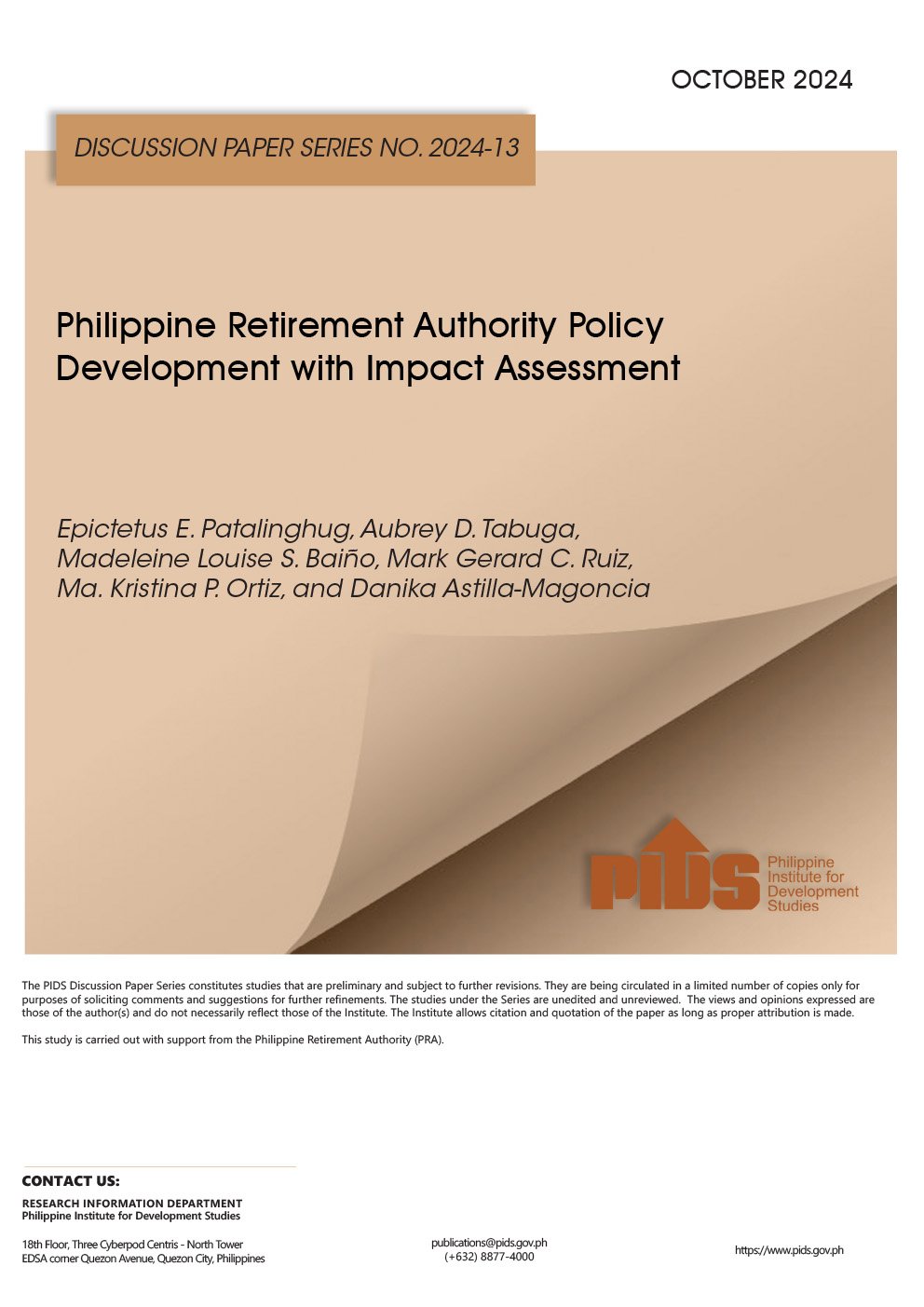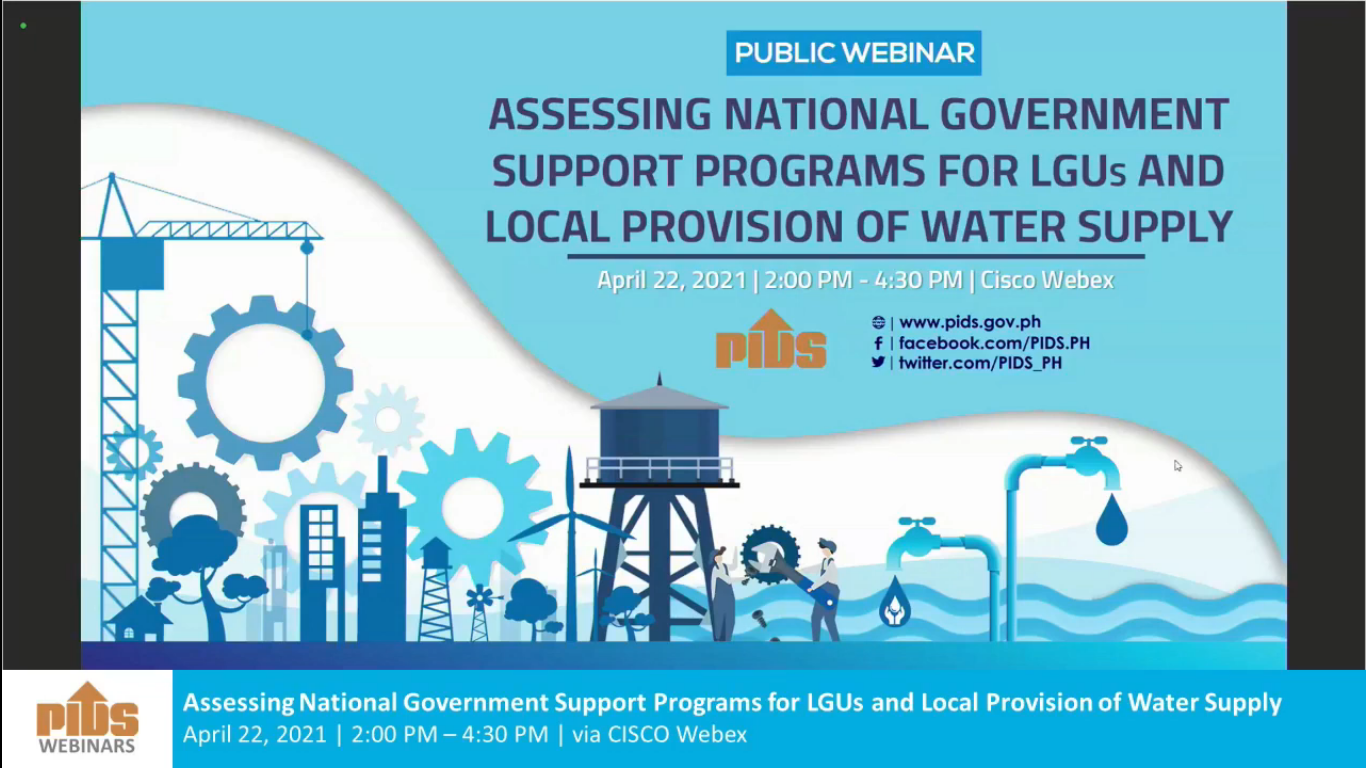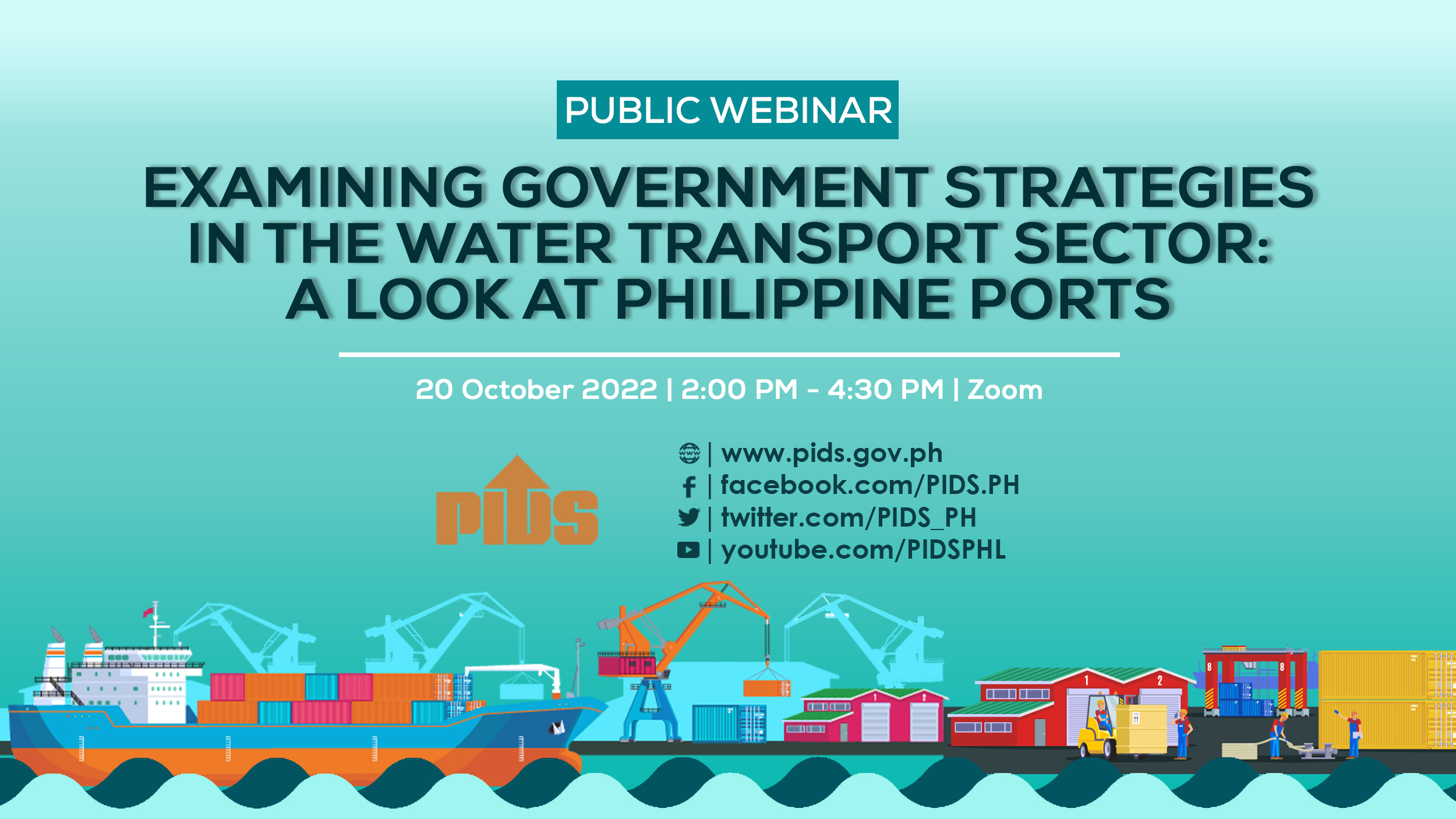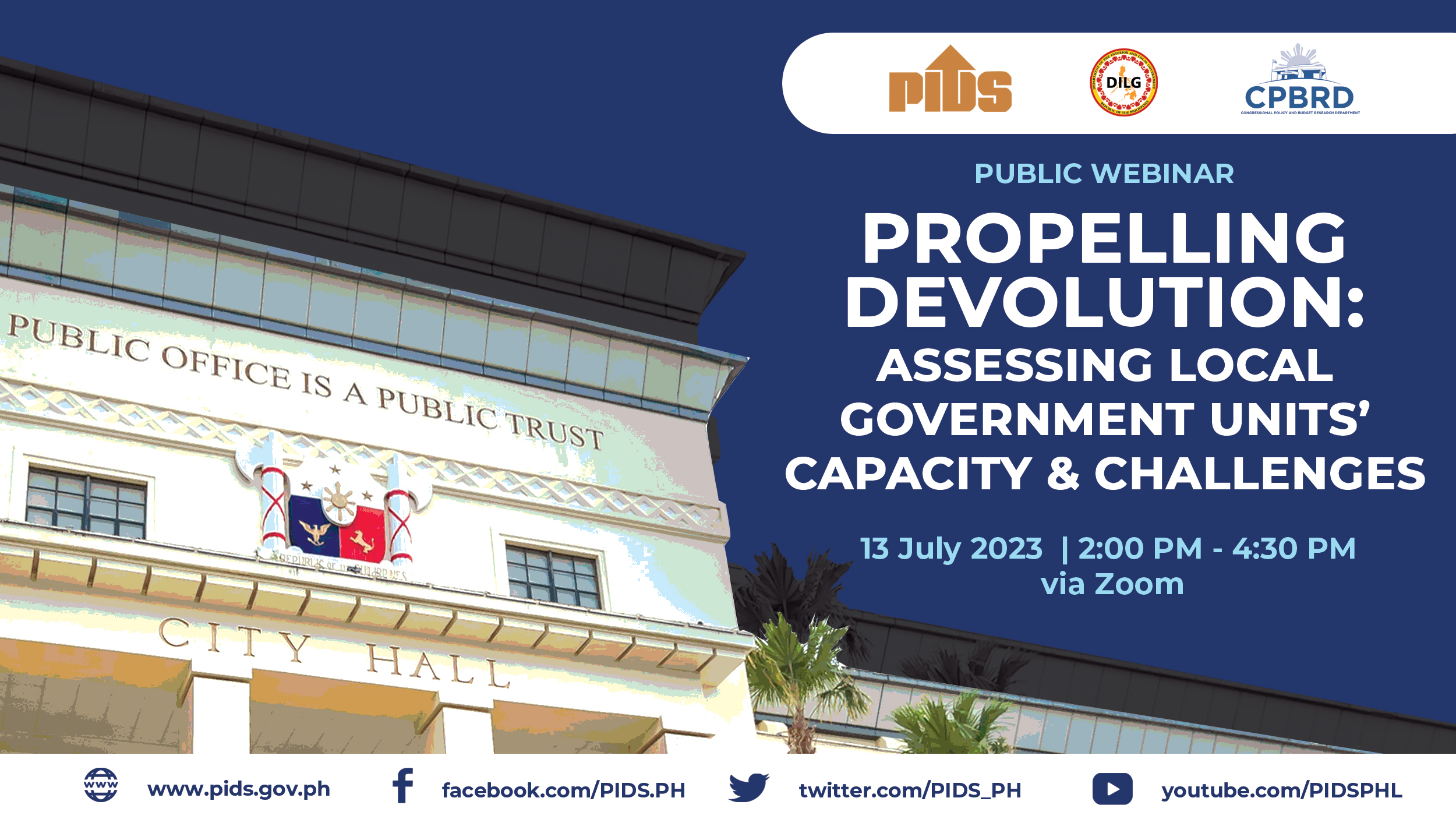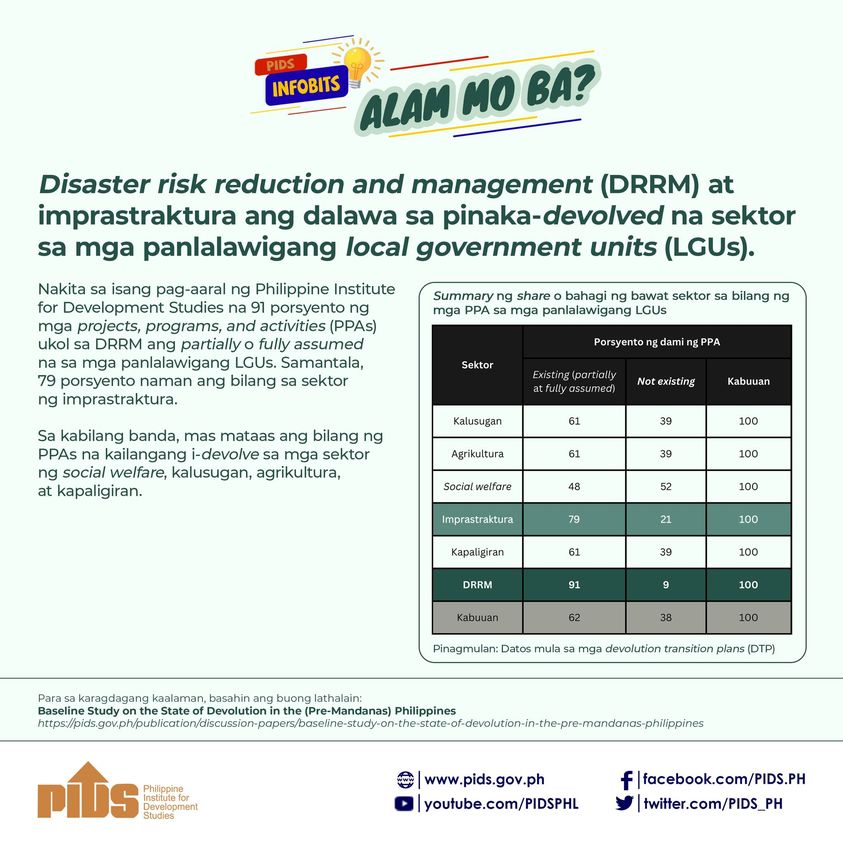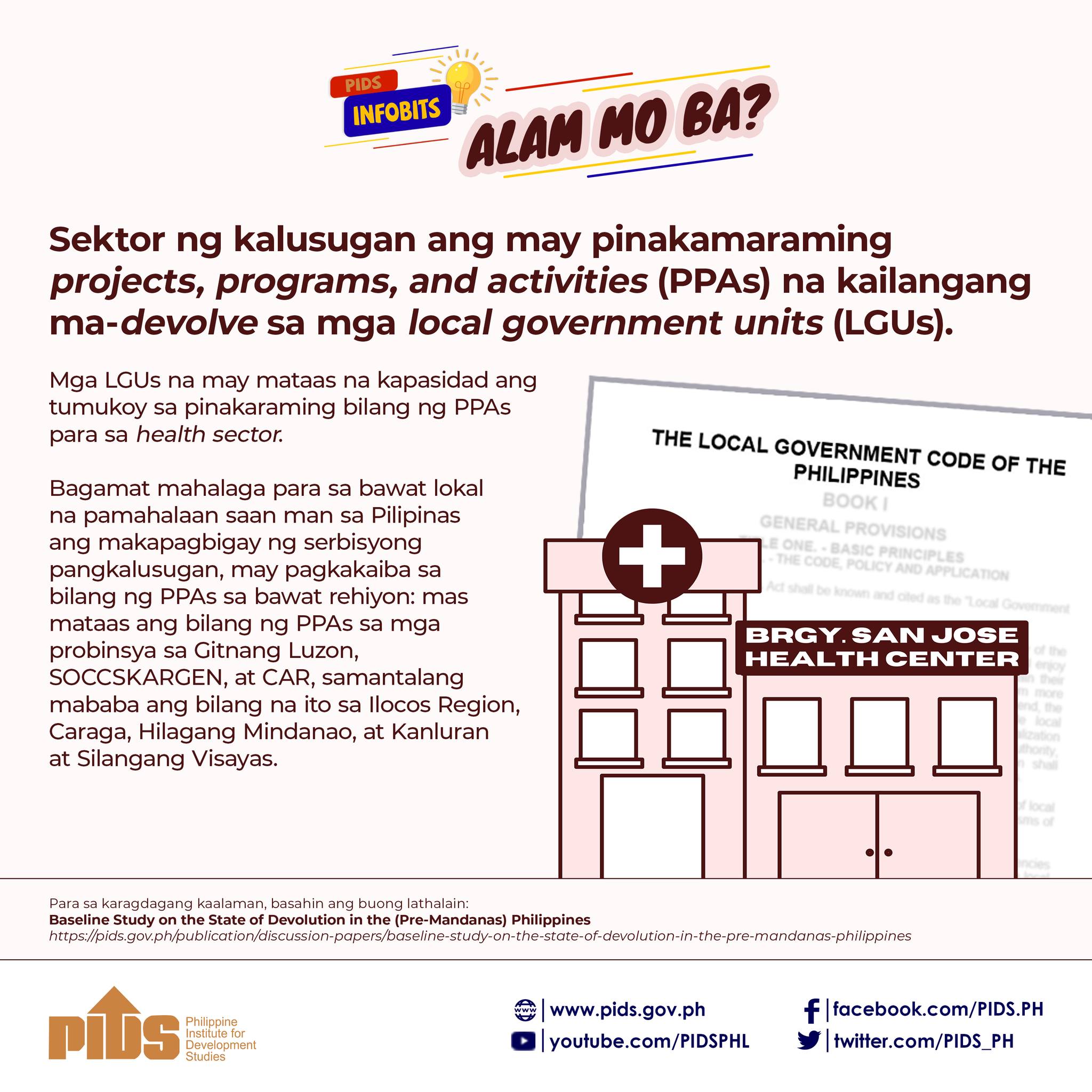A MARCOS JR. administration would pave the way for the completion of the “unfinished business” of the Duterte administration, according to local economists.
Economists such as Ateneo Center for Research and Development (ACERD) Associate Director Ser Percival K. Peña-Reyes said this means the passage of the remaining tax reform packages as well as other reform measures.
The Duterte administration has been undertaking reforms such as the amendments to the Retail Trade Liberalization Act, Foreign Investment Act, and the Public Service Act, which the National Economic and Development Authority (Neda) considered as achievements of the outgoing administration.
“We would probably have more of the same, status quo. He [Marcos Jr.] cannot drastically change the course of the economy right now. And even if he wanted to promise all of these things, P20 rice, subsidies here and there, where will these come from? What he can do really is to keep the reforms being done by the current administration,” Peña-Reyes said.
“These reforms are outward-oriented and geared toward attracting more FDI [Foreign Direct Investments] because we are internally constrained, we cannot promise spending because of very limited income and revenue generation,” he added.
Build, Build, Build
Other economists such as Victor A. Abola from the University of Asia and the Pacific (UA&P) said continuity may also come in the form of the Build, Build, Build (BBB) program.
Abola said this would benefit sectors such as construction. Focusing on infrastructure would also be consistent with the infrastructure legacy of Marcos Sr.
The late dictator, in power for two decades, oversaw the construction of major Philippines highways and bridges, as well as popular landmarks such as the Cultural Center of the Philippines, Folk Arts Theater, and the controversial Manila Film Center in Pasay City. Specialty hospitals that are still being used, such as the three hospitals in Quezon City—the Heart, Kidney and the Lung Center—were also built.
Abola said the only difference, this time around, would be the focus on the source of funding. He said given the country’s financial position, the Marcos administration may have to resort to Public Private Partnerships (PPPs) to finance these projects.
“Construction would be a winner, since he will pursue BBB, just like his father focused a lot on infrastructure spending,” Abola said in an email to BusinessMirror. “However, due to constraints arising from high public debt, he will probably adopt more PPP projects.”
Fiscal space
Among the main challenges that will be faced by the incoming administration is the country’s debts, according to former Dean of the University of the Philippines School of Labor and Industrial Relations (SOLAIR) Rene E. Ofreneo.
In an email to BusinessMirror, Ofreneo said the Duterte administration will be leaving debts of P13 trillion which may be “too big to manage” and prevent the Marcos Jr. government from having sufficient fiscal space to attain balanced and sustainable economic growth.
This is worrisome, Ofreneo said, because the world is “changing radically and ominously” since the pandemic and the war in Eastern Europe, there is little room for the incoming administration to adjust its economic policies.
“Essentially, [his administration will be]a continuity, with some cosmetic changes here and there. He’ll try to bring in some old policies of his father but these are not yet fully defined,” Ofreneo said.
Due to the strain in the country’s finances, economists believe the Marcos Jr. government will have no choice but to increase taxes.
Among these economists are National Scientist Raul V. Fabella who told this newspaper that raising taxes and reducing spending are inevitable if the country is to continue growing in the next six years.
Fabella said given the growth of the fiscal deficit and high level of debt, borrowing will no longer be an option, especially if the incoming administration wants to continue the infrastructure investments of the Duterte government.
“When Duterte came to power in 2016, the government had money flowing out of its ears that together with easy foreign borrowing could finance government investment called BBB. Government infra spending sucks in private investment,” Fabella said.
“Now the till is empty and further borrowing backdropped by a growing fiscal deficit and faltering credit rating is limited. To mobilize resources through foreign borrowing, the government has to present a credible recovery program including raising taxes and reducing spending,” he added.
Tax collection
One key question, Fabella said, is whether ordinary citizens would be willing to “surrender more money” to a government led by a “convicted tax evader.”
Former candidates for President such as Francisco “Isko” Domagoso, Vice President Leni Robredo, Senators Panfilo Lacson and Manny Pacquiao, and Leodegario “Ka Leody” De Guzman earlier said that if elected, they would go after the estate taxes owed by the Marcos family, which some quarters had projected would have swollen from P23 billion to P203 billion due to penalties.
Lacson noted that the P203 billion is bigger than the projected income from the Tax Reform for Acceleration and Inclusion (TRAIN) Laws 1 and 2 passed under the Duterte administration.
Peña-Reyes admitted that because of this, the Marcos Jr. administration may lack the moral ascendancy to collect taxes, making the BIR chief’s job all the more difficult in the coming years.
Nonetheless, this is where Filipinos patriotism comes in. He said that if Filipinos really loved their country, they would make sure that the Philippines would not suffer by paying their taxes.
“Definitely, it’s going to be problematic. It’s going to be a dilemma, a moral dilemma. It’s a fact that he [Marcos Jr.] has cases like that. So it’s going to be problematic all the more now,” Peña-Reyes said.
“Remember, we had 30 plus years to get that in order to collect the P203 billion, but what has happened? So all the more now. But, this is where the sincerity, patriotism of Filipinos will be tested because if you decide to do that [not pay your taxes], that will lead the country to ruin,” he explained.
Investments
Another major challenge of the incoming administration would be attracting foreign direct investments. While existing investors may choose to stay in the country, new ones may shy away.
University of the Philippines School of Economics Director for Research Renato Reside said investors who are already in the country have factored in the risk of elections and the change in administration when they decided to locate in the country.
But investors who may not be familiar with the traits and policies of the Marcos-Duterte administration may not be expected to bring their investment to the Philippines.
“I’m talking about foreign investors who are out of this country and who may not like the tandem that’s ahead right now [and] will avoid the country; but those who are already here are…the ones who are experienced to begin with in dealing with the risks of this country. This country has a history of having political risk, it’s one of the biggest risks that investors need to deal with,” Reside said in a phone interview.
The former president of the Philippine Institute for Development Studies (PIDS), Josef T. Yap, said in an email that because of this, the country could find itself overtaken by its Asean neighbors Vietnam, Cambodia, Lao PDR, and Myanmar.
This, Yap said, is not only because of Marcos Jr. but other winners in the elections such as action stars and members of dynasties. He said these election winners could put the country in last place among its neighbors.
Based on World Bank data he shared, the country’s per capita GDP in 2020 is pegged at $3,270. Its neighbors who had lower per capita GDP in the 1970s are now ahead, with Singapore leading with a per capita GDP of $58,057 as of 2020.
“It is high time that others are given a chance,” Yap said. “Perhaps that is what many politicians lack nowadays: a dose of humility. What will bring that about? Being overtaken by Viet Nam? Or suddenly waking up one day to find out that Cambodia, Lao PDR, and Myanmar have surpassed us? But I am not holding my breath waiting for change to happen. Till 2028 then.”


